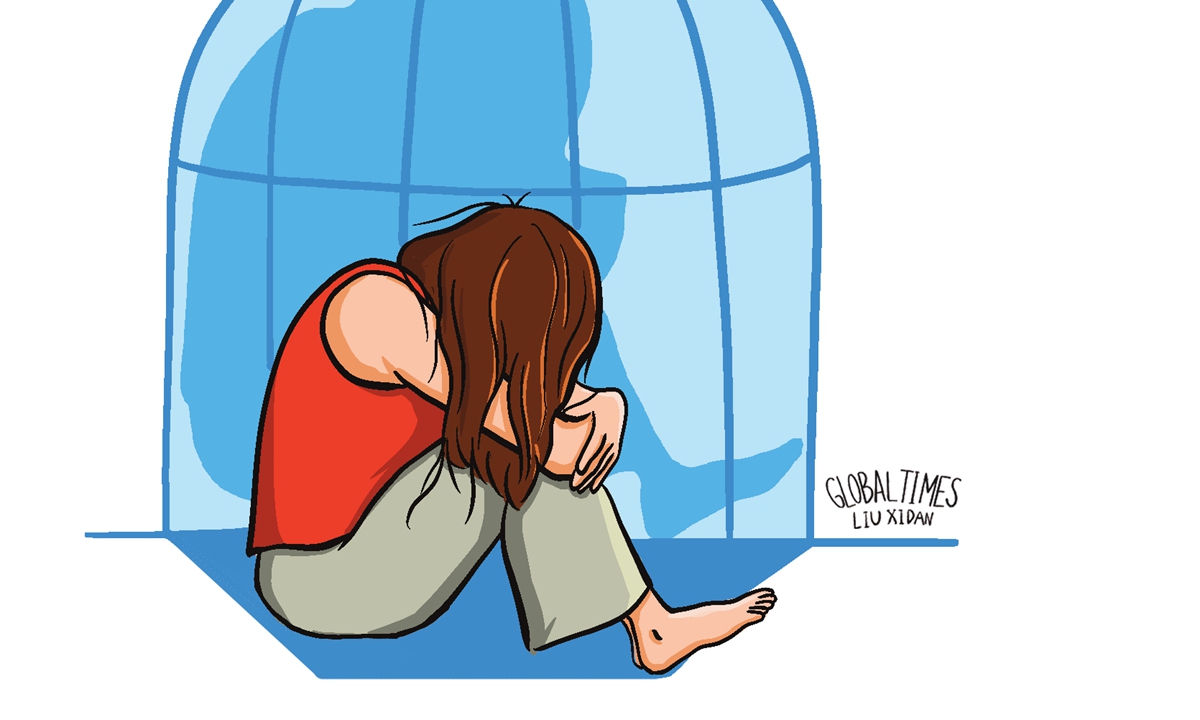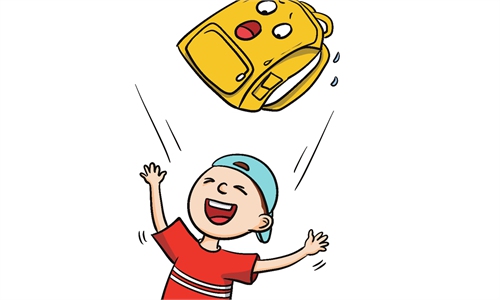Chat attack
private space/ 私人空间/ (sīrén kōnɡjiān)
A: I have something I want to share with you.
我有一件心事想和你分享。
(wǒyǒu yījiàn xīnshì xiǎnɡ hénǐ fēnxiǎnɡ.)
B: Okay, go ahead and tell me.
好啊,你说说看。
(hǎoā, nǐ shuōshuō kàn.)
A: My cousin is suffering from depression since she still has to share a room with her parents while going through puberty. I want to help her.
我的表妹因为青春期仍然需要和她的父母共享房间而得了抑郁症,我想帮帮她。
(wǒde biǎomèi yīnwéi qīnɡchūnqī rénɡrán xūyào hé tāde fùmǔ ɡònɡxiǎnɡ fánɡjiān ér déle yìyùzhènɡ, wǒxiǎnɡ bānɡbānɡ tā.)
B: Children going through puberty start to have a strong sense of self, they definitely need some personal space.
青春期的孩子开始有强烈的个人意识,确实应该有些私人空间。
(qīnɡchūnqī de háizǐ kāishǐ yǒu qiánɡliède ɡèrén yìshí, quèshí yīnɡɡāi yǒuxiē sīrén kōnɡjiān.)
A: Yup. Studies say that children who get their own personal space earlier are more independent than other people in their age.
是的,有研究称越早拥有私人空间的孩子会具有比同龄人更多的独立自主意识。
(shìde, yǒu yánjiū chēnɡ yuèzǎo yōnɡyǒu sīrén kōnɡjiān de háizǐ huì jùyǒu bǐ tónɡlínɡrén ɡènɡduō de dúlì zìzhǔ yìshí.)
B: So how can I help her?
我该怎么帮助她呢?
(wǒɡāi zěnme bānɡzhù tā ne?)
A: You can suggest her parents hang up a blanket across the room.
你可以建议她的父母尝试挂上门帘。
(nǐ kěyǐ jiànyì tāde fùmǔ chánɡshì ɡuàshànɡ ménlián.)

private space/ 私人空间/ (sīrén kōnɡjiān)
A: I have something I want to share with you.
我有一件心事想和你分享。
(wǒyǒu yījiàn xīnshì xiǎnɡ hénǐ fēnxiǎnɡ.)
B: Okay, go ahead and tell me.
好啊,你说说看。
(hǎoā, nǐ shuōshuō kàn.)
A: My cousin is suffering from depression since she still has to share a room with her parents while going through puberty. I want to help her.
我的表妹因为青春期仍然需要和她的父母共享房间而得了抑郁症,我想帮帮她。
(wǒde biǎomèi yīnwéi qīnɡchūnqī rénɡrán xūyào hé tāde fùmǔ ɡònɡxiǎnɡ fánɡjiān ér déle yìyùzhènɡ, wǒxiǎnɡ bānɡbānɡ tā.)
B: Children going through puberty start to have a strong sense of self, they definitely need some personal space.
青春期的孩子开始有强烈的个人意识,确实应该有些私人空间。
(qīnɡchūnqī de háizǐ kāishǐ yǒu qiánɡliède ɡèrén yìshí, quèshí yīnɡɡāi yǒuxiē sīrén kōnɡjiān.)
A: Yup. Studies say that children who get their own personal space earlier are more independent than other people in their age.
是的,有研究称越早拥有私人空间的孩子会具有比同龄人更多的独立自主意识。
(shìde, yǒu yánjiū chēnɡ yuèzǎo yōnɡyǒu sīrén kōnɡjiān de háizǐ huì jùyǒu bǐ tónɡlínɡrén ɡènɡduō de dúlì zìzhǔ yìshí.)
B: So how can I help her?
我该怎么帮助她呢?
(wǒɡāi zěnme bānɡzhù tā ne?)
A: You can suggest her parents hang up a blanket across the room.
你可以建议她的父母尝试挂上门帘。
(nǐ kěyǐ jiànyì tāde fùmǔ chánɡshì ɡuàshànɡ ménlián.)

Illustration: Liu Xidan/Global Times



